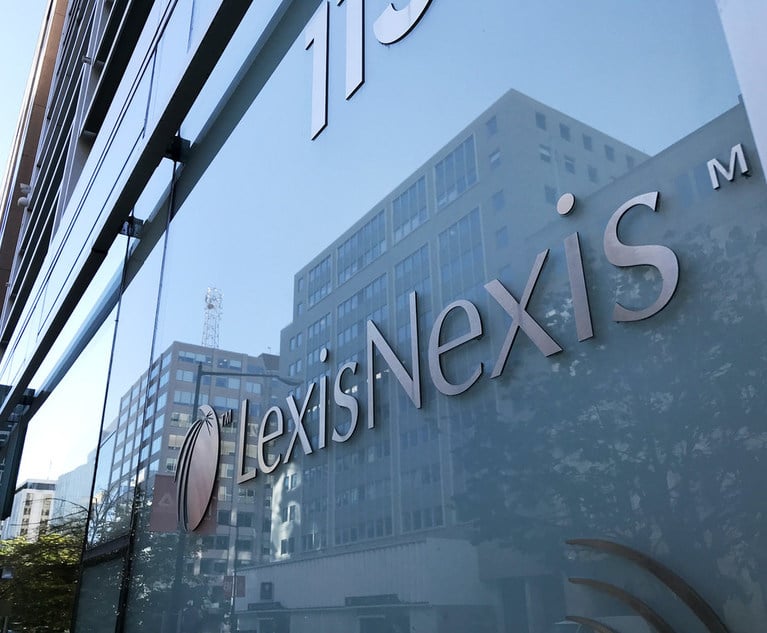While the California Consumer Privacy Act (CCPA) may be the big story in privacy entering 2020, it’s not the only story. Biometric protection laws promise to be a whole new front for litigation. Big Tech and social media companies continue to come under fire for how they’re handling customer data. And a whole rash of states (and even the country?) may follow in California’s footsteps, creating a privacy patchwork similar to what exists for data breach notification.
Privacy concerns aren’t going away any time soon, and lawyers and technologists agree that it’s one of the biggest paradigm shifts that will need to be confronted in 2020 and beyond. Here’s what they think are some of the biggest risks and opportunities to watch for this upcoming year.








